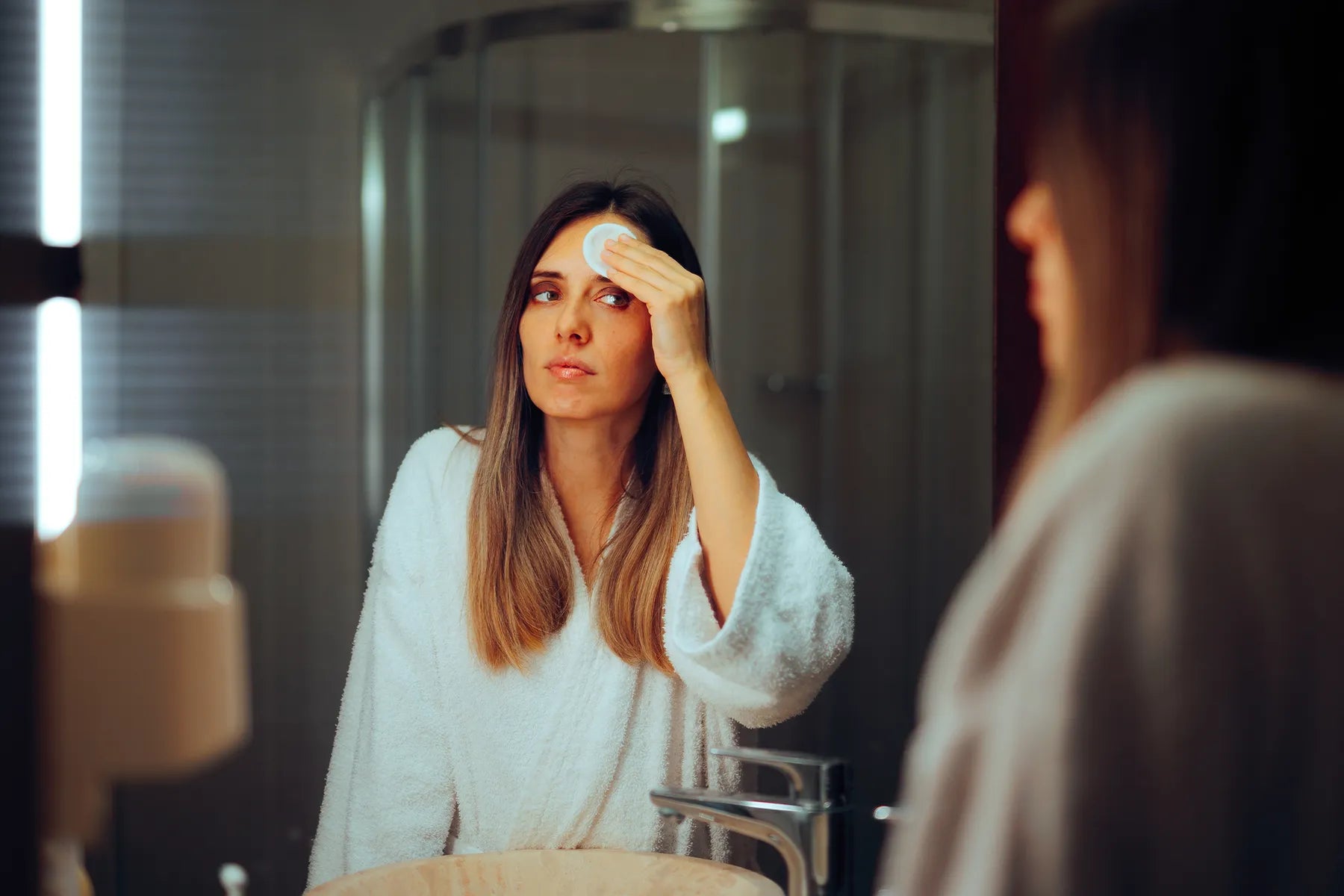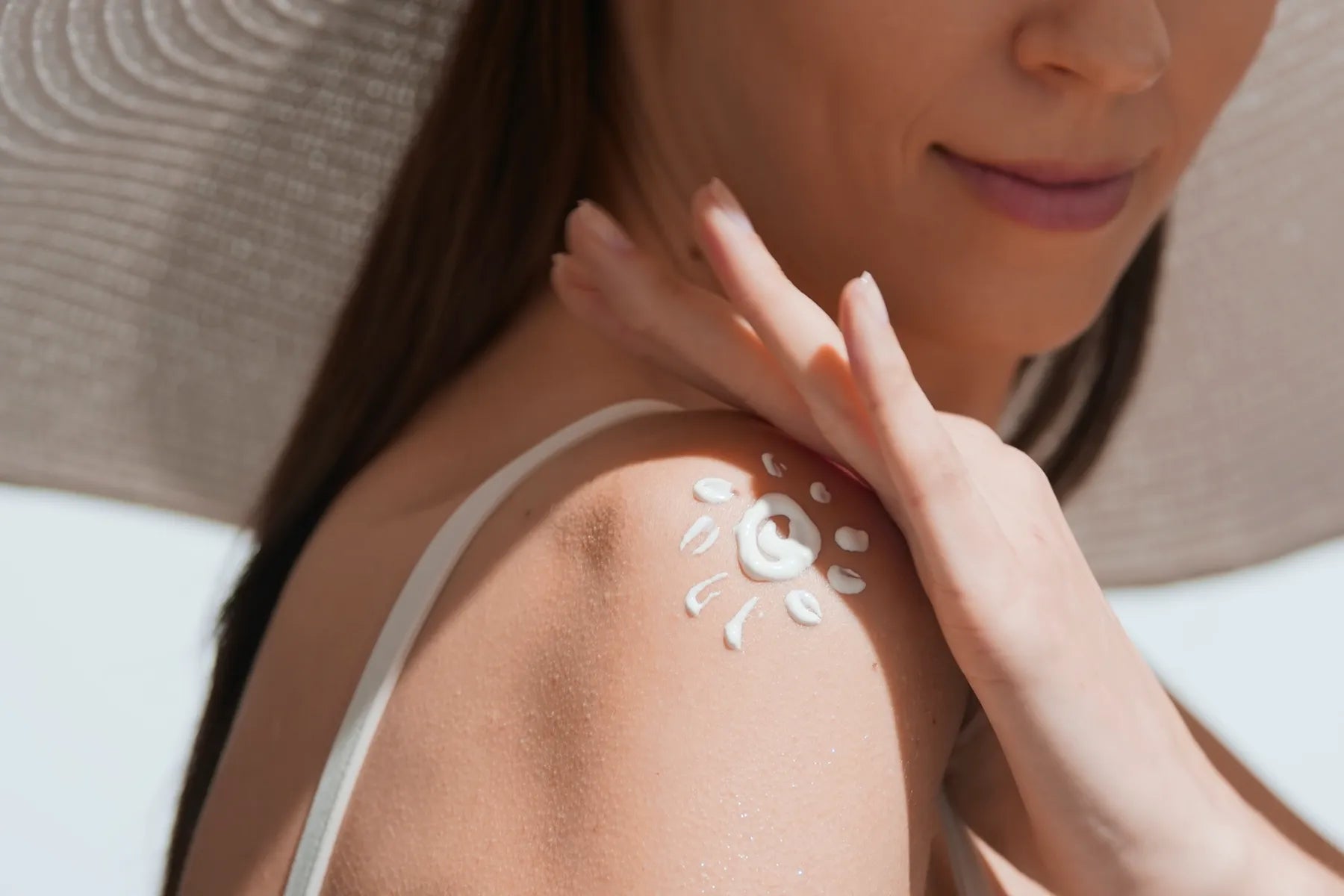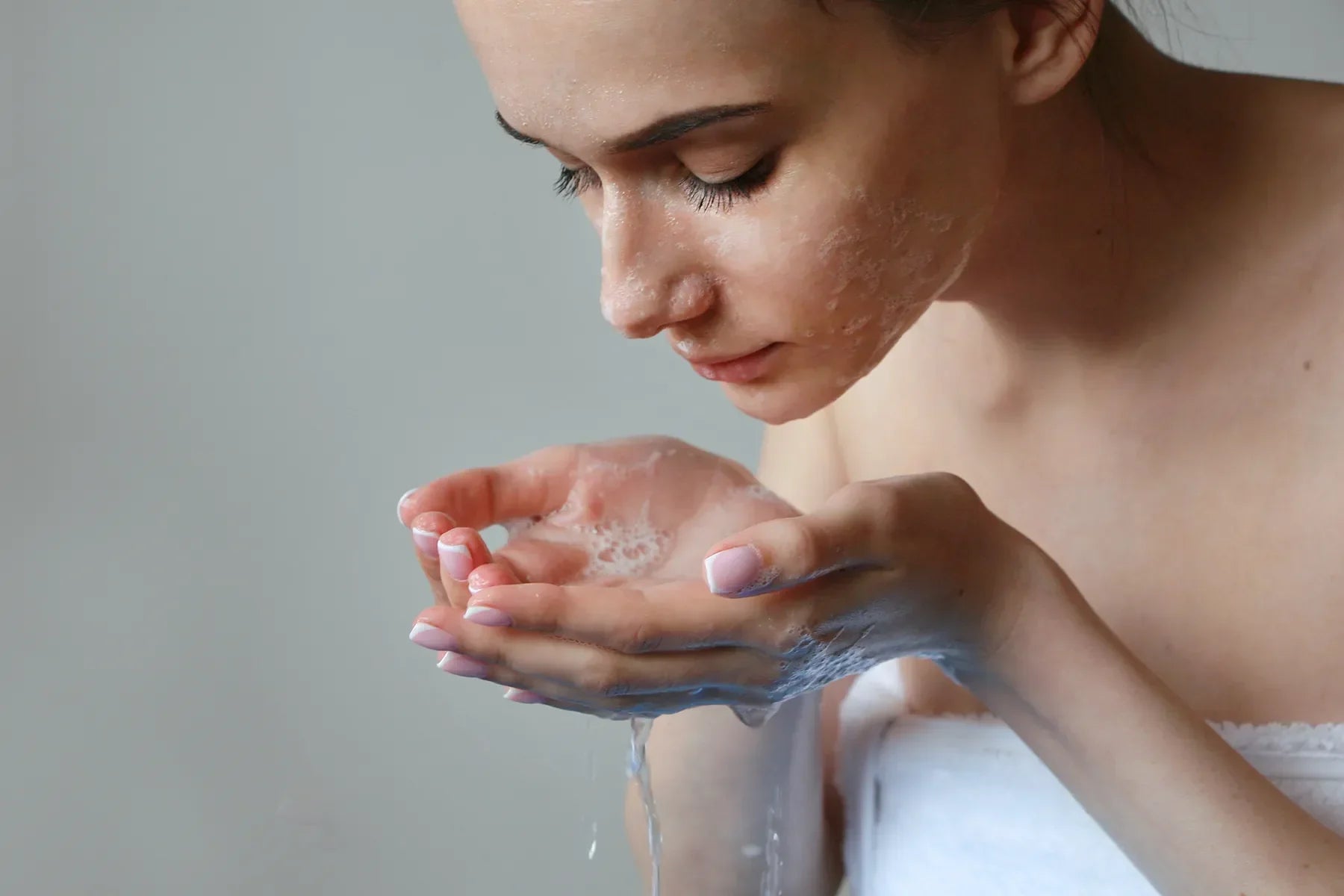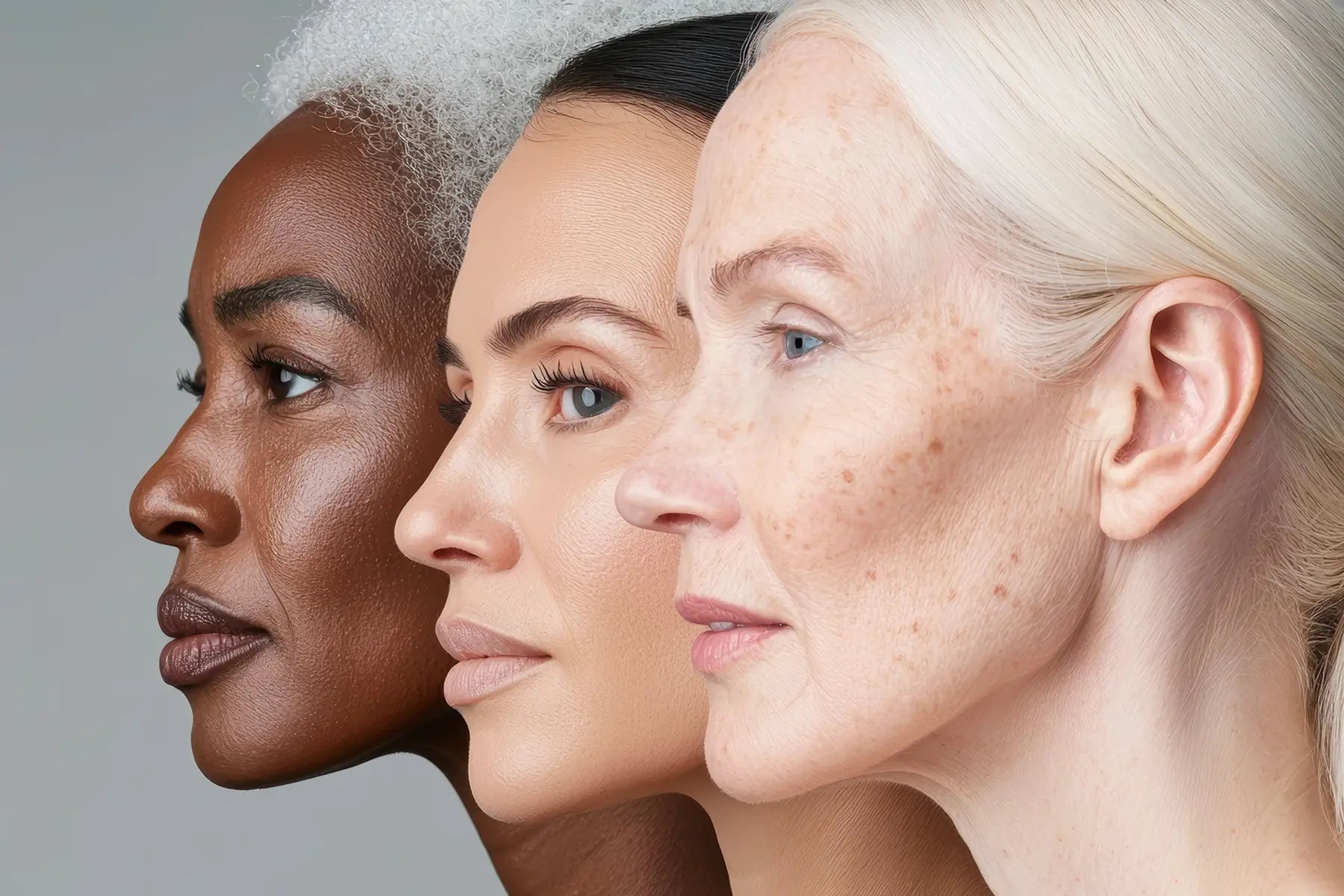A record number of DIY skincare videos are popping up lately, especially ones for moisturiser. While DIY may be appealing in theory, the reality is it can be bad for your skin, especially when it comes to sunscreen. Skincare is tricky and it’s difficult to get the right ingredients and make sure everything's properly mixed, so you get the right benefits.
–––––––––––––
Let's face it, the idea of whipping up your own beauty concoctions in the kitchen can be incredibly tempting … especially if you watch a lot of Tik Tok, where trendy DIY skincare recipes promise glowing results. Fun, right?
Hold on for a moment. Before you grab that avocado and honey to smear all over your face, the skin experts at Austin Skin want you to pause and reflect. While DIY skincare can be a fun weekend activity, it's important to understand the science behind your skin and why professionally formulated products, including those we carry at Austin Skin, often reign supreme.
The Allure of DIY: Fresh, Natural, Fun!
The allure of DIY skincare is undeniable. Natural is the buzz word of the 21st century in much the same way as mass-produced is out of favour. That helps explain why the idea of controlling exactly what goes on our skin with readily available ingredients is appealing. Plus, it can be a fun way to get creative and pamper yourself on a budget.
Imagine whipping up a scrub with fresh coffee grounds for a morning pick-me-up or a soothing oatmeal mask for a relaxing evening. DIY can be a delightful sensory experience say Tik Tokers. What do scientists say?
Why Science Says: Hold Your Horses!
Scientists are less excited than consumers about DIY. They understand that skin is a complex ecosystem. What works in your kitchen – vegetable oil for your frying pan – might not translate well to your face.
Here's where the science steps in to burst the DIY bubble (gently, of course!).
- Ingredient Issues: Finding high-quality, properly sourced ingredients can be tricky. That natural honey you paid a mint for might be contaminated with bacteria, and that fresh avocado could harbor harmful enzymes. Preservatives, often demonised in the DIY world, are crucial in store-bought products to prevent bacterial growth and extend shelf life. Without them, your homemade concoction could become a breeding ground for nastiness on your skin.
- Mixing Matters: Different ingredients have varying pH levels, and combining them incorrectly can irritate or damage your skin. Imagine using an overly acidic lemon mask after scrubbing with a sugar-based exfoliant – ouch! Skincare scientists and specialists (like our team members at Austin Skin) spend years understanding how ingredients interact to create safe and effective products.
- Sun Safety Woes: Sunscreen is non-negotiable in Australia's harsh sun, and this is something you must understand: DIY sunscreens are a recipe for disaster. achieving broad-spectrum protection, you need the right SPF level, and water resistance is nearly impossible in a kitchen experiment.
The Benefits of Science-Backed Skincare
While DIY might seem like a shortcut, professionally formulated skincare products offer a multitude of benefits:
- Rigorous Testing: Commercially available products undergo rigorous testing to ensure they're safe and effective for various skin types. This includes stability testing (so your product stays potent) and challenge testing to minimise the risk of allergic reactions.
- Precise Formulation: Scientists meticulously research and formulate products to target specific skin concerns. They understand how different ingredients interact to deliver the best possible results.
- Targeted Solutions: With a wide range of products available, you can find targeted solutions for your unique skin concerns, whether it's acne, dryness, or signs of ageing. The Austin Skin team is ready to help you make your selection if you have questions.
DIY Can Still Be Fun (with Caution!)
So, does this mean you should throw away all your DIY dreams? Not necessarily! DIY skincare can still be a fun way to pamper yourself, but with some important caveats:
- Stick to Simple Ingredients: Choose gentle, readily available ingredients like oatmeal for soothing, or aloe vera for hydration. Avoid harsh ingredients like citrus or spices that can irritate.
- Patch Test Everything: Before slathering anything on your face, do a patch test on your inner arm. Apply a small amount and wait 24 hours to check for any redness, itching, or irritation.
- Less is More: Don't overdo it! Over-exfoliating or using too many masks can disrupt your skin's natural barrier. Stick to a simple routine and listen to your skin.
If you’re still not certain about going the DIY route, we invite you to contact Austin Skin for feedback and suggestions on the best approach for your wonderfully unique skin.







